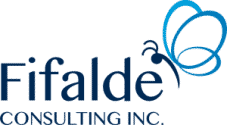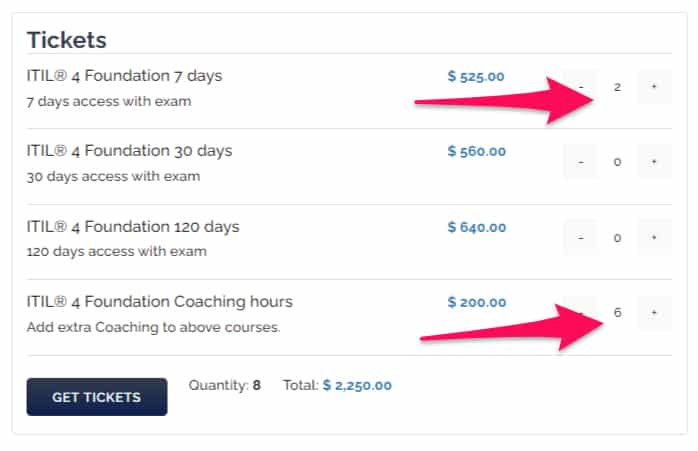
TOGAF® Enterprise Architecture Level 2
- - -
| $200.00 – $690.00The TOGAF framework, an Open Group Standard, is a proven Enterprise Architecture methodology and framework used by the world’s leading organizations to improve business efficiency. It is the most prominent and reliable Enterprise Architecture standard, ensuring consistent standards, methods, and communication among Enterprise Architecture professionals. Enterprise Architecture professionals fluent in the TOGAF standard enjoy greater industry credibility, job effectiveness, and career opportunities.
The TOGAF Standard Version is an update to the TOGAF standard providing improved guidance, correcting errors, improving the document structure, and removing obsolete content. Key enhancements made in this version include updates to the Business Architecture and the Content Metamodel. All of these changes make the TOGAF framework easier to use and maintain.
The standard is divided into seven parts:
- PART I (Introduction): This part provides a high-level introduction to the key concepts of Enterprise Architecture and in particular the TOGAF standard approach. It contains the definitions of terms used throughout the TOGAF framework and release notes detailing the changes between this version and the previous version of TOGAF framework.
- PART II (Architecture Development Method): This is the core of the TOGAF framework. It describes the TOGAF Architecture Development Method (ADM) – a step-by-step approach to developing an Enterprise Architecture.
- PART III (ADM Guidelines & Techniques): This part contains a collection of guidelines and techniques available for use in applying the TOGAF standard and the TOGAF ADM.
- PART IV (Architecture Content Framework): This part describes the TOGAF content framework, including a structured metamodel for architectural artifacts, the use of re-usable architecture building blocks, and an overview of typical architecture deliverables.
- PART V (Enterprise Continuum & Tools): This part discusses appropriate taxonomies and tools to categorize and store the outputs of architecture activity within an enterprise.
- PART VI (TOGAF Reference Models): This part provides a selection of architectural reference models, which includes the TOGAF Foundation Architecture, and the Integrated Information Infrastructure Reference Model (III-RM).
- PART VII (Architecture Capability Framework): This part discusses the organization, processes, skills, roles, and responsibilities required to establish and operate an architecture function within an enterprise.
The Level 2 content focuses on the practical application of TOGAF framework, building on the foundational knowledge and comprehension of Part 1, using practical scenarios to enforce concepts. The TOGAF Level 2 certification is automatically achieved after passing the TOGAF Level 2 exam. The TOGAF Level 2 course provides an optimal preparation to pass the exam and, therefore, to obtain the certification. The Level 2 course deals with the basic principles of the methodology and looks at the components, principles and processes. The course prepares the participants for the exam TOGAF Level 2.
Objectives
At the end of this course participants will be able to understand:
- The Architecture Development Method (ADM)
- The Architecture Content Framework
- The Architecture Repository
- TOGAF® Reference Models
- Architectural Governance and Capability – governance board, skills and maturity
Who it is aimed at
- Individuals who require a deeper understanding of the TOGAF standard
- Professionals who are working in an organization where the TOGAF standard has been adopted and who need to participate in architecture projects and initiatives
- Architects who will be responsible for developing architecture artifacts
- Architects who wish to introduce the TOGAF standard into an architecture practice
- Architects who want to achieve a recognized qualification to demonstrate their detailed knowledge of the TOGAF standard
Contents
- The Architecture Development Method
- Enterprise Continuum and Architecture Repository
- Architecture Content Framework
- Preliminary Phase and Requirements Management
- Architecture Vision
- Business Architecture
- Information Systems Architecture
- Technology Architecture
- Transition Planning
- Implementation Governance and Architecture Change Management
- Enterprise Security Architecture
- Enterprise Integration and Service Oriented Architecture
- Architecture Capability Framework
Prerequisites
In order to take the TOGAF® Level 2 exam, students must have the TOGAF® Level 1 certificate.


